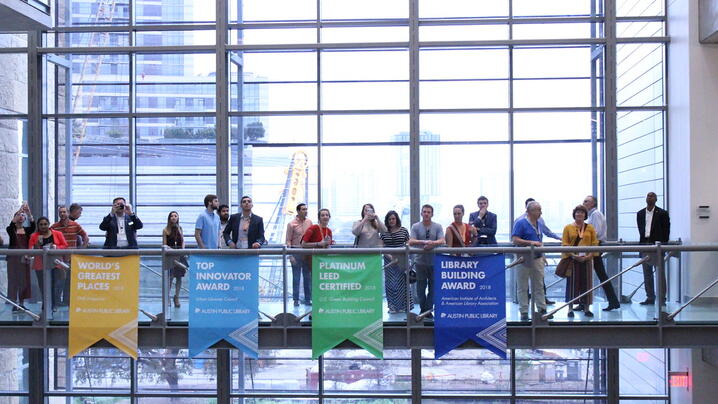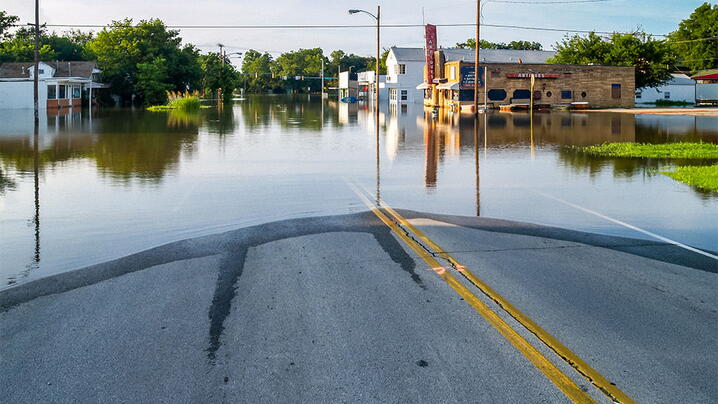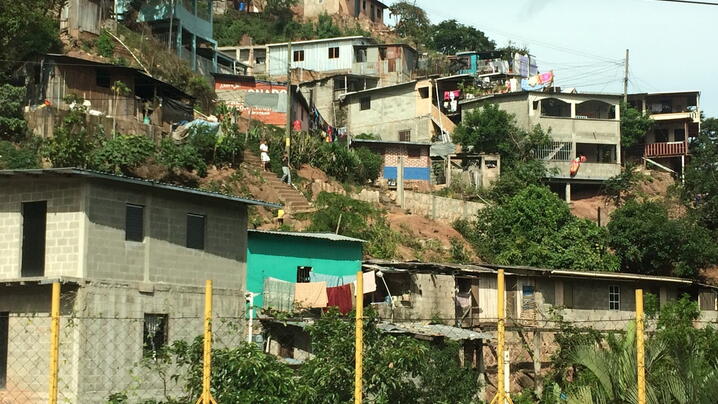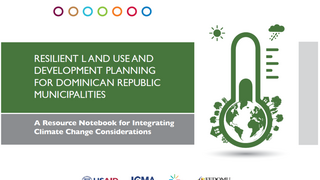
Municipal operations provide an opportunity to reduce the impact on human and environmental health.

ICMA showcased the future of local government at SXSW by sharing innovative, collaborative approaches to governance and sustainability.

A summary of expert perspectives from the 2019 TD Bank Group–GlobeScan SDG Leadership Forum on Goal 11: Sustainable Cities and Communities.

Our 2018 Program Excellence Award winners share their tips for sustainability.

FEMA’s 2018-2022 Strategic Plan envisions disaster recovery efforts to be “federally supported, state managed, and locally executed.”

Going solar at the local level can be a challenge, but regional organizations can help make this a reality.

Is your local government ready to tackle the challenges that come with climate change?

A Resource Notebook for Integrating Climate Change Considerations.

Experience unparalleled discovery, learning, and networking at the world’s largest gathering of creative professionals!
